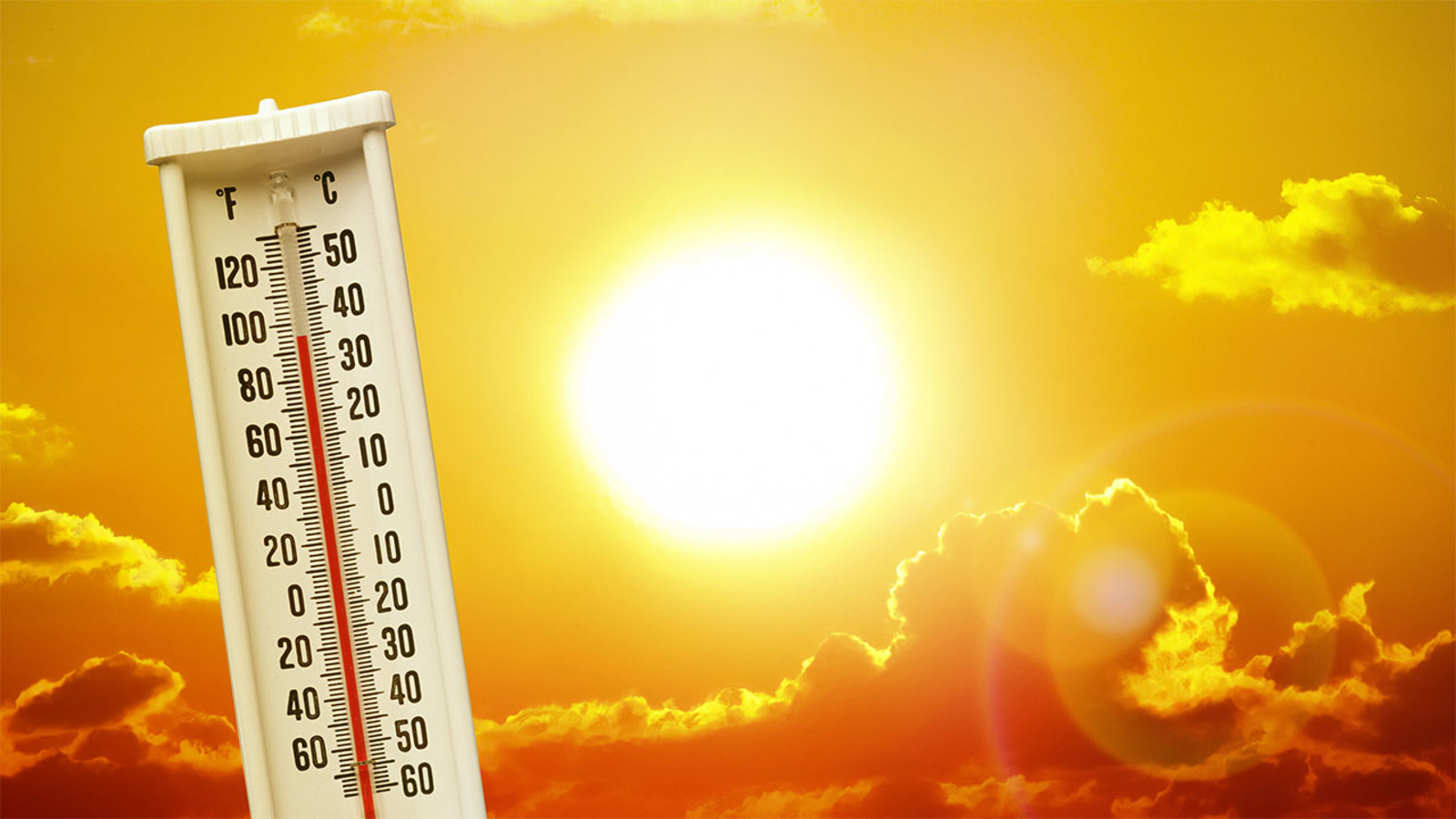2023 Heatwave: A National Crisis
In 2023, summer brought on a series of unexpected heatwaves in Bangladesh, affecting people’s general well-being and worsening pre-existing medical conditions to cause widespread suffering and distress throughout the country.
Just a few weeks ago, one thought was running through the minds of all Bangladeshis – “How much hotter can it get? How do we tackle the extreme heat? Is it possible to die as a result of sweating so much? Well, it turns out the answer is yes.
Heatwaves: A Major Public Health Threat
A Harvard report says nearly an average of 1500 people died between 2003 and 2007 in Bangladesh. This year, about 1000 to 1200 patients were admitted to hospitals every day due to illnesses exacerbated by the heatwaves. So how can we protect ourselves during such heat waves?
Heatwaves are not only unbearable to live in, they are also extremely distressing to our health and well-being. It is important to take measures to tackle the heatwave as they can affect people’s general well-being and worsen pre-existing medical conditions.
Heat Stroke Symptoms and Risk Factors
Heat strokes can occur when body temperature rises to 40 degrees Celsius. At this temperature, people experience exhaustion, lethargy, tightness in the chest, headaches, and restlessness with no perspiration.
Some people are more vulnerable to heat strokes than others. The vulnerable segments of the population are infants, older adults, outdoor workers (including bike riders), athletes, low-income families, and those with pre-existing health issues like diabetes, obesity, cardiovascular disease, pulmonary disease, kidney disease, and mental health issues such as psychiatric disorders and depression.
Some more implications of heatwaves on our health includes dehydration, heat exhaustion, feared heat stroke, edema, syncope and general worsening of existing medical conditions. Extreme heat can also result in serious dehydration, stroke, and the development of clots.
A lot of care and caution is needed when temperatures rise to extremes like 40 °C. There are several measures that should be taken during a heatwave to provide adequate protection against sudden health collapses.
Tips for Staying Cool in Hot Weather
Spend as much time as possible indoors, and do not get out of the house unless it is absolutely necessary. If you are outside, try to be around plants and trees where you can get some natural shade from the sun. Stay as cool as you can, take multiple short showers throughout the day, or splash some water on your face periodically.
Choose your outfits carefully, opt for loose-fit, light-colored and lightweight clothes. Avoid getting involved in high-energy activities like running, jumping and playing sports in the afternoon. Last but not the least, keep yourself hydrated with lots of water and fluids. Keep a water bottle or electrolyte drink with you at all times.
As heatwaves came to us a surprise, we all witnessed for two months how people were falling ill, productivity was decreasing, and hospitals were filling up with patients experiencing ailments brought on by heatwaves sweeping the nation. Temperatures rose as high as 40.4 degrees Celsius in Dhaka, while it was 42.2 degrees in the mid-western side of the country, and similarly hot in other regions as well.
Heatwaves in Bangladesh: A recurring problem
But in fact, heatwaves are not new in Bangladesh. The people of the country experienced their first recorded heat wave in 1972 when the temperature went up to 45.1 degrees Celsius. Again in 1960, the temperature rose to 42.3 degrees Celsius, in 1965 it was 42 degrees Celsius, and so on. There is all the more possibility that we will be facing more heatwaves in the future.
By employing proper measures as stated above, we will be able to save ourselves and our loved ones from a lot of heat exhaustion and suffering. Let’s spread the news against health implications of seasonal heatwaves for a secure and health-positive future.
Author:
Dr. K.F.M. Ayaz
Senior Consultant


